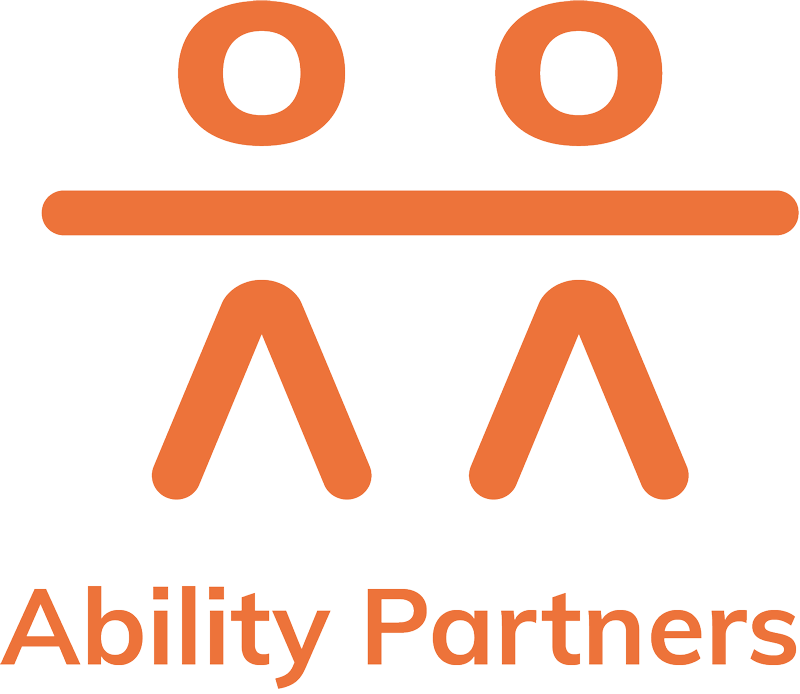There are many benefits to providing Occupational Therapy and Psychotherapy to people with autism such as helping to better understand their environment and develop life-long personal and interpersonal skills.
As the saying goes, if you’ve met one person with autism, then you’ve met one person with autism.
Autism Spectrum Australia provides the following definition and description of autism: autism is a condition that affects how a person thinks, feels, interacts with others, and experiences their environment.
It affects people in different ways.
If you do know someone with autism, you might often find yourself thinking about how they never make eye contact or how you always have to lead any conversation. You might become frustrated that they can never remember appointments. Occupational Therapy and Psychotherapy can help individuals with autism address these areas of concern.
Occupational Therapy for autism
Autism affects multiple aspects of a person’s life and varies person to person, but namely people will have difficulties (or deficits) with social interaction, communication and repetitive and restricted patterns of behaviour.
Other traits of autism can also include difficulty with sensory processing and understanding what is happening inside one’s own body and mind.
This affects a person’s daily life from daily living skills including personal care to making and maintaining relationships as well as managing schoolwork and employment responsibilities.
How Occupational Therapy will help:
- Routine building
- Communication strategies
- Self-management techniques to develop independence and feel more comfortable with others.
Example
For example, if you know a school-aged child with autism, Occupational Therapy can help them build fine motor skills to hold a pen as well as behavioural skills to become better organised.
Additionally, people with autism will often present with other diagnoses including ADHD, sensory processing disorder, depression, anxiety, etc.
Occupational Therapists and other allied health professionals are skilled in helping people manage across all domains of their life.
Psychology for Autism
The goal of psychotherapy is not to cure autism, but to help people with autism function at their best and cope with their own specific and unique challenges in their daily life.
Treatments to help people with autism help manage anxiety or mood disorders such as depression. Treatment often includes modified cognitive behavioural therapy, which is a method that helps individuals change negative thoughts and behaviours.
How psychology will help:
- Implement Emotional regulation strategies.
- Psychoeducation with family members (parents, partners etc).
- Social skills groups to help people with ASD improve conversational skills, nonverbal communication, and play.
- Individual psychotherapy to help adults with autism improve marital and other family relationships and improve life skills.
- For people with more severe cognitive impairments, interventions to decrease aggression and self-injury and improve compliance.
Example
For example, if you know someone with autism who always forgets things and thoughts and appointments, Psychotherapy can help build memory and attention span.
Occupational Therapy at Ability Partners
Our Occupational Therapists are experts in supporting you to achieve your goals. From detailed assessments of your needs to ongoing therapy. We can help improve your organisational skills, sensory processing, cognitive or functional abilities.
Psychology at Ability Partners
Our Psychologists and Counsellors are here to support you in achieving your most important goals. Our job is to listen and to understand what you need, create a plan with you and support you to build independence and bring about positive change in your life.
Learn more about our Occupational Therapy and Psychology services and our trusted therapists


